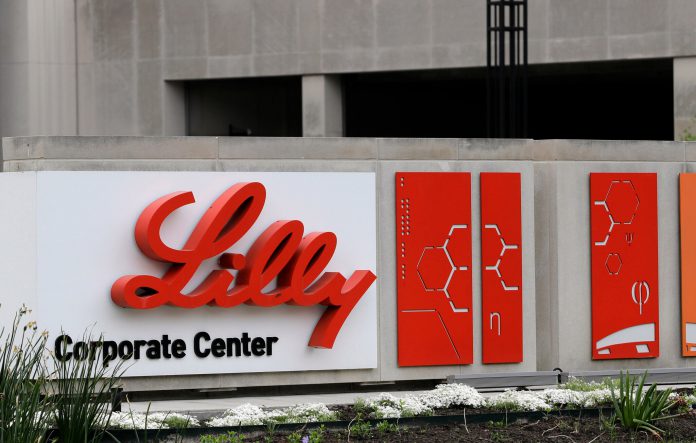On 13th October, Pharmaceutical company Eli Lilly suspended its Phase 3 trial becoming the third late-stage COVID-19 vaccine trial put on hold.
The pandemic continues to wreak havoc across the globe as researchers search for an effective vaccine. Currently, over 150 vaccines are under development for COVID-19. So far only 44 of these are undergoing human clinical trials. Researchers predict a vaccine for the novel coronavirus may be out by end of 2020 or 2021.
Vaccine Clinical Trials are a 3-stage Process
A vaccine can take anywhere between 10 to 15 years to develop and come to the market. They pass through a multistage process before approval by authorities. The clinical trial stage of the vaccine has three phases.
Phase 1 clinical trials test the vaccine on a small sample, 20 to 100 healthy adults, and checks how it works.
In Phase 2, a larger sample is recruited and investigates the vaccine’s safety, dosage, immune response, and mode of delivery.
Phase 3 trials determine the vaccine’s safety among a large group of people, 300 to 3000 adults. This can take anywhere between 1 to 4 years. However, it seems the pandemic has definitely accelerated the timeline for multiple ongoing vaccine trials.
Two Vaccine Trials Paused Within 24 hours
Eli-Lilly’s Antibody trial is the latest vaccine trial paused due to safety concerns. The news came just a day after Johnson & Johnson announced they’re pausing their clinical trial due to an explained illness in on the volunteers.
One month earlier, AstraZeneca became the first in the world to pause their phase 3 clinical trials after one of the volunteers developed a “suspected serious adverse reaction.”
It always works like this. It’s just that most people normally don’t get to see it. People should not be too despondent… Research does not work on a linear path. There are hiccups, there are hurdles, and sometimes we have to backtrack.
Adrian Esterman, biostatitican from the University of South Australia
Eli Lilly’s Antibody trial began in August with an aim to recruit 10,000 patients from across the United States, Singapore, and Denmark.
The pharmaceutical company administered an antibody therapy along with remdesivir, an experimental drug, to patients hospitalized with COVID-19. A placebo group was also recruited for the trial.
The National Institute of Health reported that there was a difference in the clinical outcome between the two groups. Thus, causing the company to pause their trial. However, it is unclear which group fared better than the other.
A Pause in the Trial is not Uncommon
Serious adverse events are not uncommon in clinical trials, and the number of serious adverse events can reasonably be expected to increase in trials involving large numbers of participants.
Johnson & Johnson
Eli Lilly’s and Johnson & Johnson’s clinical trials remain on pause as the regulatory committees continue to investigate the adverse outcomes.
However, AstraZeneca’s trial has resumed across the world, except for the US where it remains suspended for reasons unknown.
Reference:
Johnson & Johnson. (2020, October). Retrieved October 15, 2020, from https://www.jnj.com/our-company/johnson-johnson-temporarily-pauses-all-dosing-in-our-janssen-covid-19-vaccine-candidate-clinical-trials




